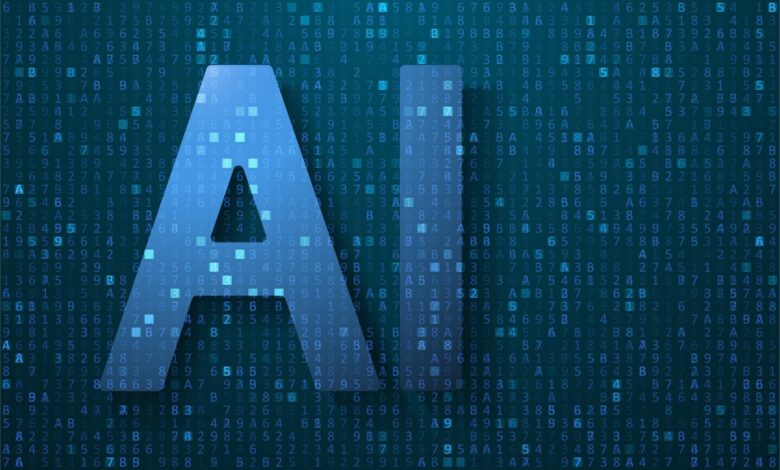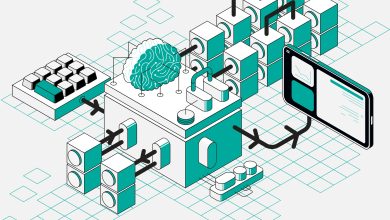
College admissions have never been simple. Each year brings new challenges for students, families, and the institutions that evaluate them. But 2025 feels different. Artificial intelligence is now a central player in how applications are written, reviewed, and even predicted. From students experimenting with AI essay tools to universities deploying predictive analytics, the admissions landscape is being reshaped in real time.
So, how exactly is AI affecting the process, and what should applicants know as they prepare for one of the most important milestones of their lives?
AI as a Student Tool: Help or Hindrance?
It’s no secret that high school seniors are turning to AI tools such as ChatGPT, GrammarlyGO, and Claude for help with essays and supplemental questions. Some students use them responsibly, as brainstorming assistants or to polish awkward sentences. Others, however, lean too heavily on automation, letting AI generate large chunks of their essays.
Admissions officers are paying attention. Elite universities like Brown have explicitly banned AI-generated content in applications, warning that over-processed essays raise red flags. To complicate matters, many institutions are quietly experimenting with AI-detection software.
The message is clear: AI can be a useful helper, but authenticity is still king. An essay that sounds flawless yet fails to capture a student’s real experiences will never carry the same weight as a genuine story told in their own words.
How Colleges Are Using AI
While applicants worry about detection, colleges are embracing AI in their own ways. Admissions offices face mounting application numbers and limited staff hours. AI is helping to bridge that gap.
Application Sorting:
AI can quickly categorize thousands of applications, flagging missing documents, identifying strong candidates, and reducing clerical errors.
Essay Analysis:
Some institutions experiment with AI to evaluate tone, sentiment, and structure in essays. While final decisions remain with human officers, AI can highlight patterns worth a second look.
Predictive Analytics:
Universities use AI to forecast enrollment yield — predicting which admitted students are most likely to enroll. These insights guide scholarship offers, financial aid, and outreach campaigns.
Communication:
Chatbots and automated messaging systems now answer applicant questions 24/7, providing updates and easing anxiety during the long waiting period.
Georgia Tech’s Rick Clark noted that AI may free admissions staff from thousands of repetitive hours, allowing them to focus on recruitment, personal engagement, and holistic evaluations.
Efficiency, Inclusion, and Fairness
AI has undeniable advantages. It can reduce bias by focusing on data-driven criteria, potentially giving overlooked students a fairer chance. It personalizes communication, connecting applicants with scholarships and programs that fit their profile. It also improves diversity by helping identify talent in non-traditional ways, such as life experiences or community impact.
Sal Khan, founder of Khan Academy, envisions AI as a tool to measure qualities once considered “immeasurable”, creativity, curiosity, and communication. By broadening what counts as merit, AI could help colleges look beyond just test scores and GPAs.
Bias, Privacy, and Overreliance
Of course, AI is not without risk. Algorithms are only as fair as the data they are trained on. If historical data carries bias, AI can unintentionally replicate it. For example, predictive models might favor applicants from well-resourced schools while disadvantaged first-generation or underrepresented students.
There are also privacy concerns. AI systems handle sensitive data, from grades to personal essays. Applicants and families are right to ask: Who has access to this information? How secure is it?
Finally, there is the risk of overreliance. Technology may streamline processes, but admissions is ultimately about people.
What Applicants Should Do in the AI Era?
For today’s students, the rise of AI is not a reason to panic, but it is a reason to be strategic. Here are key takeaways:
-
Use AI Wisely
Brainstorm, outline, or refine grammar, but write essays in your own authentic voice.
-
Tell a Cohesive Story
Colleges increasingly analyze whether your essays, extracurriculars, and recommendations form a consistent narrative. Disjointed applications stand out, for the wrong reasons.
-
Highlight the Human Element
Showcase qualities that AI can’t replicate: resilience, creativity, leadership, and personal growth.
-
Stay Informed
Understand each college’s stance on AI. Some schools may tolerate its light use, while others strictly forbid it.
The Future: Where AI and Admissions Are Headed
Looking ahead, AI will continue evolving. Expect:
- More personalized recruitment: AI-driven outreach campaigns tailored to individual interests.
- Virtual reality tours powered by AI: allowing students to explore campuses from home.
- Ethical frameworks and regulations: colleges will face pressure to make their use of AI transparent and fair.
- Consultants as guides: With technology in the mix, human admission consultants are becoming more valuable, helping students navigate a process that is both high-tech and deeply personal.
Why Does the Human Touch Still Matters?
No matter how advanced AI becomes, admissions decisions will never be entirely algorithmic. At its core, the process still revolves around evaluating people, their stories, aspirations, and potential contributions to a campus community. That’s why expert human guidance remains essential.
Admission consulting firms like HelloCollege help students strike the right balance: using tools wisely without losing authenticity, building cohesive applications, and ensuring that technology serves as a support, not a substitute,for human potential.
Conclusion
AI is not the villain of college admissions, nor is it a silver bullet. It’s a tool, powerful, imperfect, and still evolving. For applicants, the challenge is to embrace innovation without sacrificing authenticity. For colleges, the responsibility is to use AI ethically and transparently.
The admissions process is changing, but one truth remains: students who present a clear, genuine story will always stand out, no matter how advanced the technology on the other side of the desk becomes.




